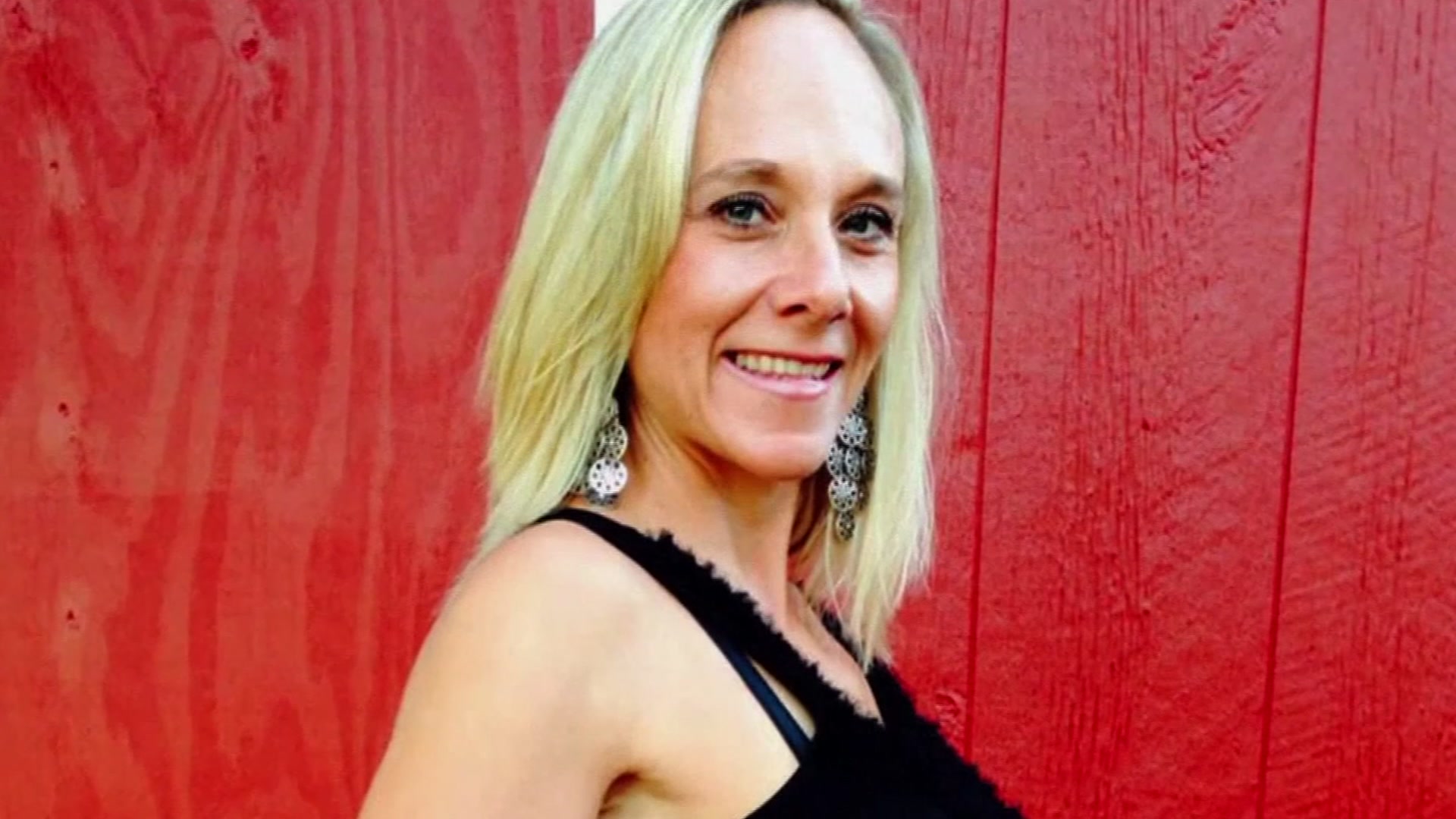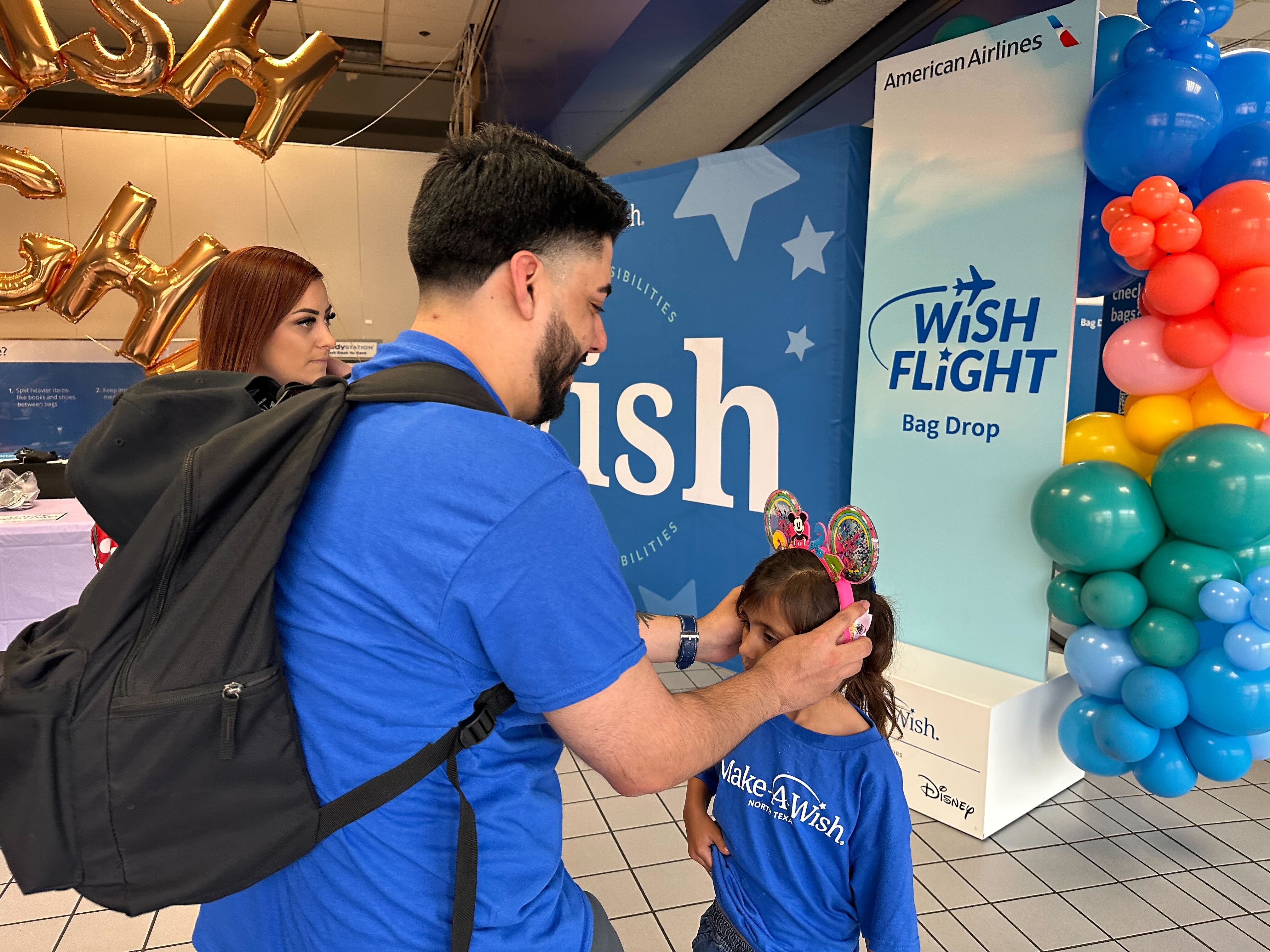Once a month, the second-floor room inside of a South Side Fort Worth Police Department substation is full to capacity.
Again this month, all 60 chairs are taken and there are others standing along the wall and at the back of the room.
The Fort Worth’s Human Trafficking Task Force meeting starts with introductions. Members are from every business sector, including healthcare, faith-based organizations, nonprofit, law enforcement, government, and transportation are in attendance along with parents and community leaders.
“We are really focused on Fort Worth and Texas,” said Felicia Grantham, the coordinator of the Fort Worth Police Department’s Human Trafficking Taskforce. “We organize events and let the community know that trafficking is not only international but its domestic and it’s happening right here in our community.”
Within the last year and a half, membership has doubled.
“We focus on five different aspects of combating trafficking: prevention, education, advocacy, and demand,” said Grantham.
Currently, Texas Gov. Greg Abbott is working with the Fort Worth Human Trafficking Task Force toward pairing each survivor of trafficking with a long-term mentor, as well as a transitional case manager, to assist with aftercare.
Local
The latest news from around North Texas.
“Those of us who have survived this, can step up and show others that there is hope,” said Julia Walsh.
Now in her twenties, Walsh remembers the four years she was trapped in sex trafficking.
“You go through depression, anxiety, shame ... all of those things. Because human trafficking isn’t just one crime; it's rape, it's abuse, it's domestic violence, it's manipulation. Each survivor has to navigate through a lot of trauma,” said Walsh.
She met her trafficker when she was a freshman in college.
“He was a boyfriend, and that relationship turned violent. There was a lot of domestic abuse, and then that led to trafficking. I was trafficked through 25 different cities in Texas and across the country in several states. A lot of the time I didn’t know where I was because he moved me around so much. Traffickers will not let the girls get familiar with any area. We can’t form friendships with people. It’s an isolation factor,” she said.
Walsh faced physical violence as well.
“Often times you are beaten if you try to leave and then come back. I ran away, but they found me and I was beaten because of it. Women try to leave, but the risk and threats to their families are so great,” she said.
After Walsh was rescued she spent months in a recovery center.
“I had to separate myself and re-learn me again. I had to get my identity back. Once you are out, you can’t just flip a light switch on and say, ‘I’m done with this.’ You have to retrain your mind. I had to learn how to trust people again and trust my judgment again. I know how hard it was for me to make it and overcome this nightmare, so I want to help other survivors any way I can. I want to let them know that they are not forgotten, and they are not alone,” said Walsh.
She is currently in school studying to become a social worker.
“Julia is such a valuable asset to the task force. Her perspective is needed in every way,” said Grantham.
University of Texas released a 2017 study unveiling the impact of human trafficking in Texas. Main findings are below:
- There are an estimated 313,000 victims of human trafficking in Texas.
- Approximately 79,000 minors and youths are victims of sex trafficking in Texas.
- Approximately 234,000 workers in Texas are victims of labor trafficking.
If you would like to know more on the Fort Worth Human Trafficking Task Force, visit their website here.



